We reported the other day that the Left was taking a new tack: rather than just trying to paint parents who oppose critical race theory as ignorant racists, we were hearing that laws against teaching CRT were having a “chilling effect” on discourse in the classroom and putting teachers’ First Amendment rights in jeopardy.
First Amendment lawyer Greg Lukianoff argues that yes, laws against teaching critical race theory in college are unconstitutional.
Yup! @washingtonpost Opinion | Laws against teaching critical race theory in college are unconstitutional. https://t.co/tKqA4Z41un
— Greg Lukianoff (@glukianoff) May 29, 2021
There’s teaching critical race theory as a college course, though, and the integration of critical race theory into public school curriculums.
Teaching CRT as a theory is protected by the First Amendment. Forcing people to participate in struggle sessions, where treatment differs by race, violates the Fourteenth Amendment and the Civil Rights Act of 1964. We just need to delineate the difference.
— Jim (@antipodes52) May 29, 2021
Yes, some of the worst examples of what we’ve heard taking place on campus or K -12 would be violations of federal & state anti discrimination laws. I suspect there will be some lawsuits against attempted compelled speech/ideology & some schools will rightfully lose
— Greg Lukianoff (@glukianoff) May 29, 2021
We’ve covered some of the worst examples here, and it is an attempt by teachers and school boards to compel ideology.
Greg, I have great respect for the work you do with FIRE, so maybe you can explain the disconnect I'm seeing here. The Idaho law, in the piece, is described as forbidding any school to "affirm, adopt or adhere" to tenets of CRT.
1/2— Peder DeFor (@pdefor) May 29, 2021
Recommended
Of all of them, the Idaho law is the most likely to survive in court, and gets at things that might on their own be title six violations. I still think it would probably be overturned, but it’s a much closer call them for the other state laws as applied to higher education
— Greg Lukianoff (@glukianoff) May 29, 2021
Okay. The law seems very different than the way it is described in the piece, but I'm certainly no legal scholar.
— Peder DeFor (@pdefor) May 29, 2021
The law says no school shall direct or compel *students* to "affirm, adopt or adhere" to any of the tenets. That seems like a very big difference and frankly, I'd think that FIRE would support such a law. What am I missing here?
— Peder DeFor (@pdefor) May 29, 2021
K-12?
— Kate (@kate_d_10) May 29, 2021
Yes, in K-12 the analysis is case by case according to each of the individual laws. I think many would be constitutional on their face, but potentially unconstitutional as applied, but it’s a really mixed bag.
— Greg Lukianoff (@glukianoff) May 29, 2021
Of course it’s going to be unconstitutional to outlaw teaching any subject. CRT should be fought legally when it’s bad doctrines are accepted as policy anywhere for any reason. Hire, fire, promote, etc., by CRT racist standards get sued under the Civil Rights Act.
— Zetetic Advocate (@ZeteticAdvocate) May 29, 2021
The issue as far as I can tell is with disparate treatment and othering of kids in the classroom based on skin color. That, too, is unconstitutional. But “teaching” CRT as in including it as a section on discussions of racial discourse, well, that’s a different thing altogether.
— Val Florin 💯🚀🌔 (@benevolentnonce) May 29, 2021
what I don't get is the state mandates CRT through the state school board. Why is that not also a first amendment violation then? Local districts where I live have no choice even though they don't want to teach it. If you can mandate teaching it, why can't you mandate not?
— sotruth reply guy (@Michaelstm23) May 29, 2021
I will add, looking at the comments in the WaPo, the two sides have very different definitions of what CRT is. It's a propaganda war at this point. If all CRT is is examining racial disparities in society, no one would care.
— sotruth reply guy (@Michaelstm23) May 29, 2021
Honest question: As far as the legal restrictions on a publicly funded universities’ ability to ban/allow/teach/compel CRT, how and why does it categorically differ from religion?
— Neurotic Quixotic, Esqueer, DhP (@jabelincoln) May 29, 2021
Public schools can talk *about* Christianity, but they are forbidden from *indoctrinating* kids in it (e.g., teaching them that Jesus really is the son of god). What's different about extending this ban to other ideologies?
— No try = no fail (@StillTr05207382) May 29, 2021
The specific wording matters.
Critical Race Theory is, according to John McWhorter, a kind of religion in its function. Just as I agree that creationism should not be taught in school, neither do I believe that Critical Race Theory should be taught in school.
— Potiphar Z (@Zachariahskylab) May 29, 2021
Teaching CRT in government schools in the first place is unconstitutional. For starters it is a religious cult in the worst possible sense of the term.
Second, state actors cannot engage in racial scapegoating, segregation, and demonization in their official capacity.
— Jonathan K. Schmidt, Esq. (@swiftpoolTX) May 29, 2021
Be honest here. The question isn’t forbidding the teaching of crt, it is forbidding harassing people because of their color. Read the laws specifically. They in no way forbid critical race theory, just the parts of it that are violations of the civil rights act of 1964.
— Veritas Largo (@LargoVeritas) May 29, 2021
plus, it is in the very nature of crt to not tolerate different, more sane perspectives. just like nazism and communism it is a complete world view, a political tool to recruit soldiers and out enemies. you don't seem to understand what is at stake.
— Mark Felton (@MarkFel00113492) May 29, 2021
I think this would be a more effective argument if it came from someone who didn’t agree with critical race theory or who knew things like mandatory inclusivity training was often flagrantly racist, just to isolate the first amendment protecting speech you disagree with.
— Steve (@PublicInPrivate) May 29, 2021
On the other hand, in the workplace it's pretty easy to make the argument that CRT training produces a hostile workplace environment.
— Hal McGowan (@hal_mcgowan) May 29, 2021
1/ Teaching it is one thing. Using it as a tool for indoctrination, presenting it as a revealed truth, is another. Without knowing the particulars of this law, alot of the latter is occurring, and that legislative action would be required to prevent that says more about the
— Bill Dillard (@lockforward) May 29, 2021
2/ sickness within the educational establishment than it does about the purported illiberal leanings of state legislators.
— Bill Dillard (@lockforward) May 29, 2021
Would laws banning white nationalist material in the classroom also be unconstitutional?
— Earl Kralik (@earlkralik) May 29, 2021
This isn't a free speech issue, and after your thread it's strange you think it is. 🤷♂️
— S (@schumpy13) May 29, 2021
This aged badly
— Smug Kairi and the Right to Bear Arms (@ThatSmugKairi) May 29, 2021
He talks about the worst examples of critical race theory as applied in public schools, but we haven’t heard a lot about good examples of its integration into the classroom. Shouldn’t it be able to stand on its own merits, instead of teachers and school board members keeping lists of heretics to shame in the public square?
Related:
‘Come to the light’: Teacher warns colleagues they’ll be fired if they don’t shed their colonialist ways that traumatize students https://t.co/IIlogSr4B4
— Twitchy Team (@TwitchyTeam) May 27, 2021
















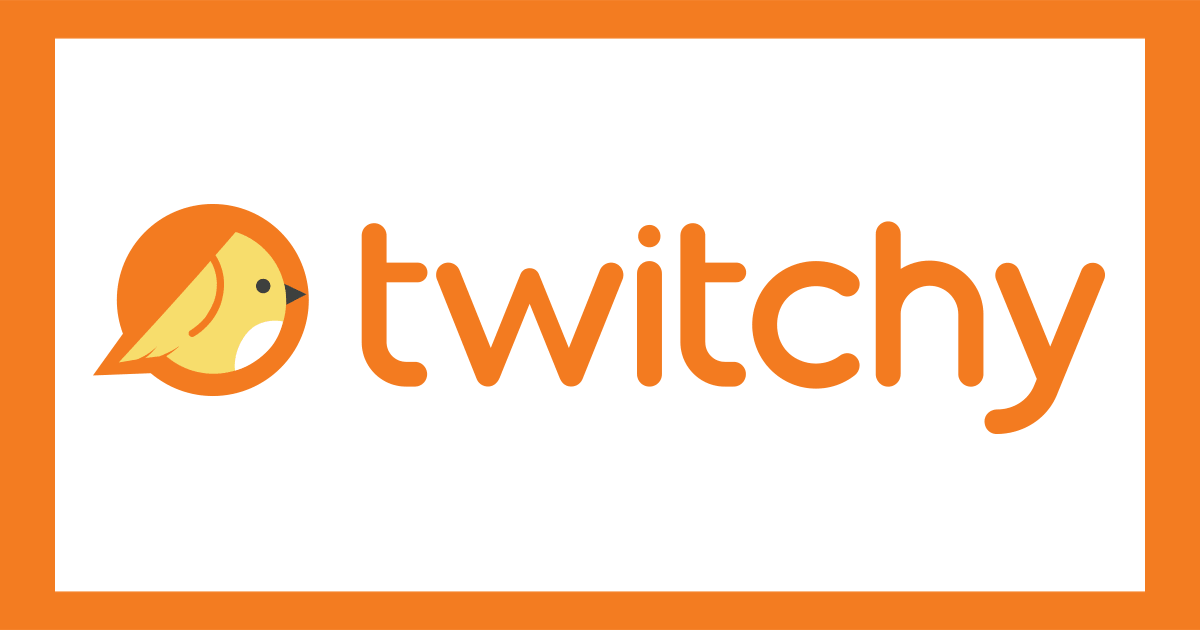
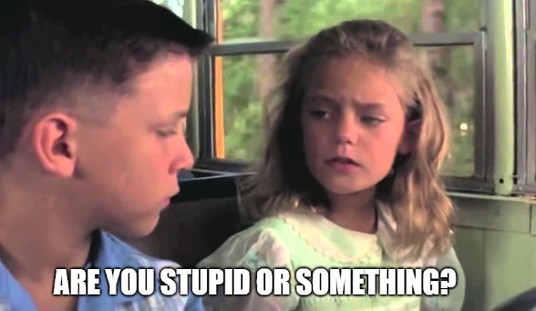

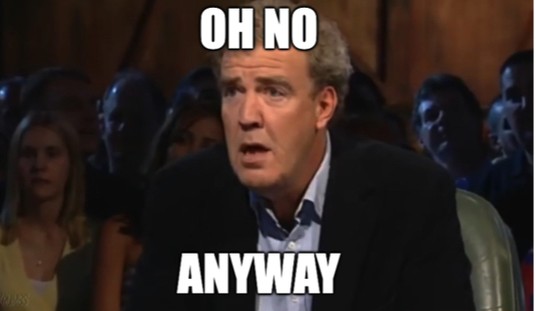
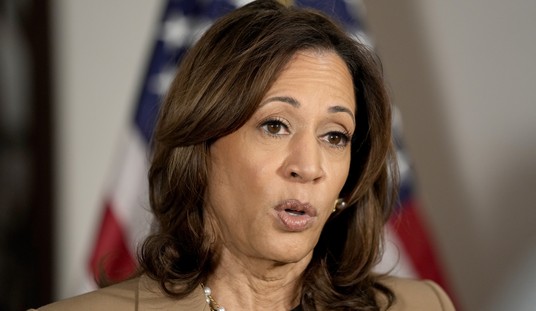
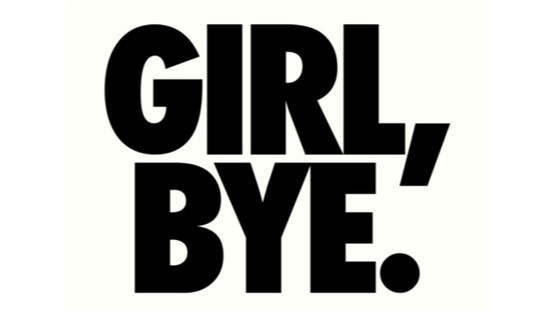


Join the conversation as a VIP Member